
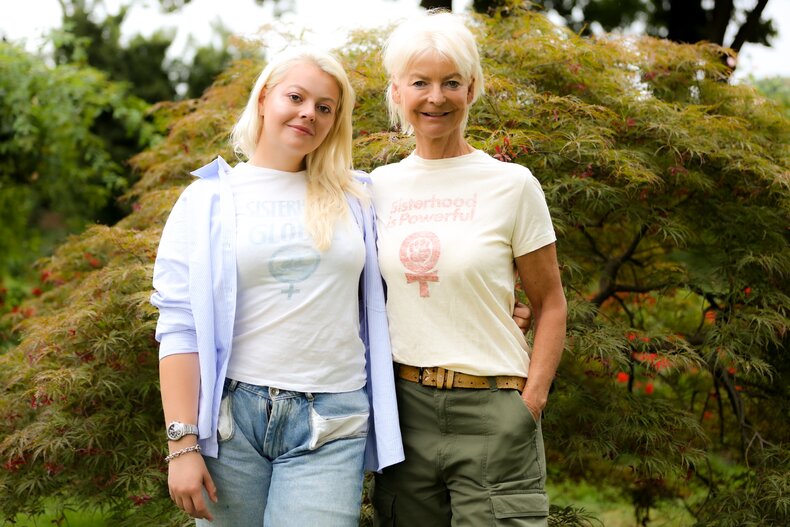
The world today presents a complex landscape for young people. Violent conflicts disrupt education and stability, online environments often foster negativity and persistent economic inequality limits opportunities.
These challenges threaten not only the individual aspirations of youth but also the overall well-being and stability of societies. In this context, equipping young people with the necessary skills becomes a critical imperative.
By fostering a culture of peace, nurturing responsible global citizens, and promoting sustainable development, skilled youth can become powerful agents of positive change.
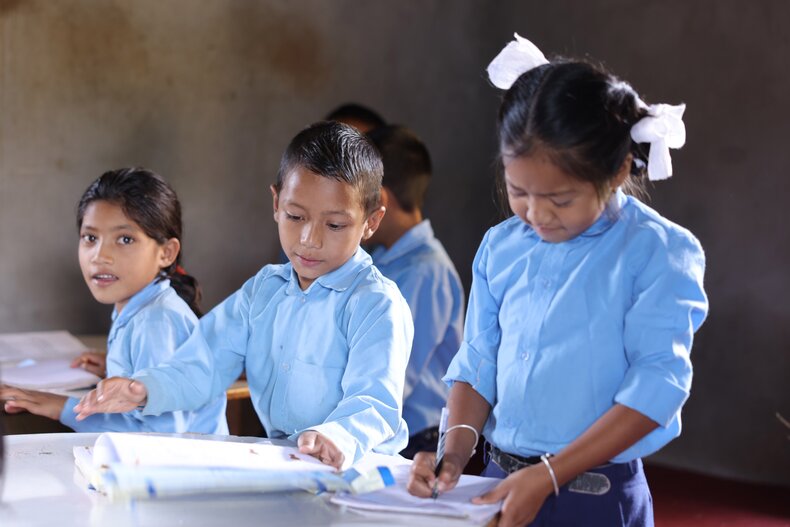
The situation for young people in the global labor market is particularly concerning. Recent estimates suggest a staggering gap of 600 million jobs that need to be created in the next 15 years to meet youth employment needs.
In 2021 alone, while roughly 408 million young people were employed globally, a significant number – 75 million – remained unemployed. This situation is further exacerbated by the rising number of youth categorized as "not in education, employment, or training" (NEET).
The share of NEET youth has reached a concerning 23.3%, highlighting the critical need for education and training systems to adapt and respond to this challenge.
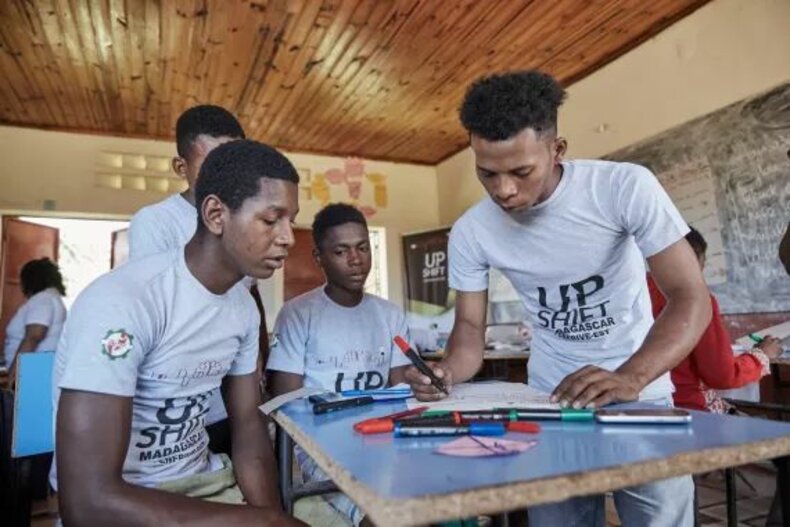
Adding to the pressure is the projected growth in the youth population. By 2030, the number of young people aged 15-24 is expected to surpass 1.3 billion, with low-income countries accounting for nearly half of this increase.
This demographic shift underscores the urgent need for proactive strategies to equip young people with the skills and knowledge necessary to thrive in the evolving global landscape.
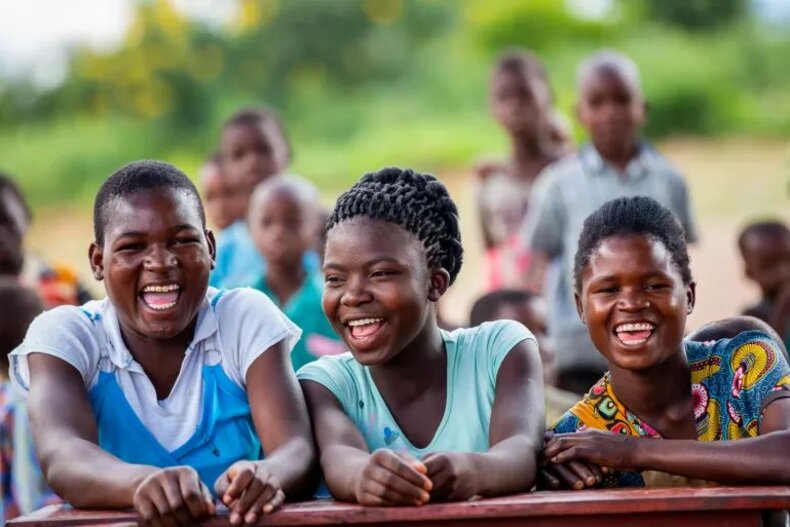
There are currently 1.2 billion young people globally, representing a significant and vibrant segment of the world's population. Increasingly, young voices are demanding a more just, equitable, and progressive future for themselves and their societies.
The potential of youth as a force for positive change is undeniable, but it requires nurturing through targeted interventions. Equipping young people with the right knowledge and opportunities is essential to unlock their full potential and ensure they can contribute productively to economic growth and social development.
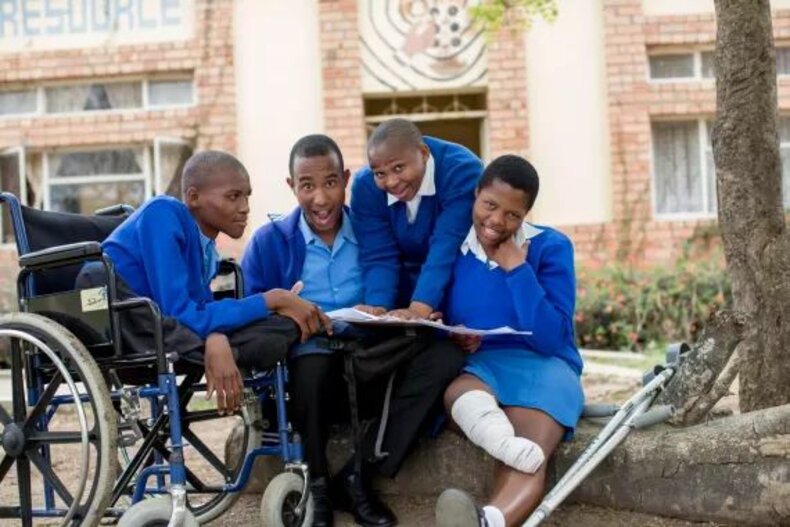
Education plays a fundamental role in empowering young people. Sustainable Development Goal (SDG) 4 emphasizes access to inclusive and equitable quality education and lifelong learning opportunities for all.
However, significant disparities persist, with access to secondary education remaining a distant dream for many, particularly in developing countries.
The most recent statistics paint a concerning picture, highlighting the need for concerted efforts to bridge this educational gap.
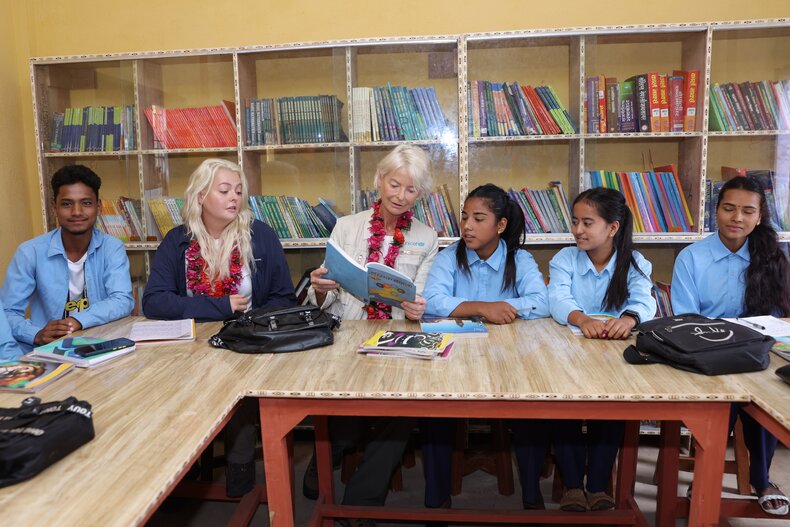
Ensuring access to quality primary and secondary education is crucial for a successful transition into the labor force and for attaining decent work.
Furthermore, complementing this foundation with affordable technical and vocational training equips young people with the specific skills they need to be competitive in the modern workplace.
SDG 8 focuses on promoting decent work and economic growth, a vital area for young people facing persistent unemployment and underemployment challenges.
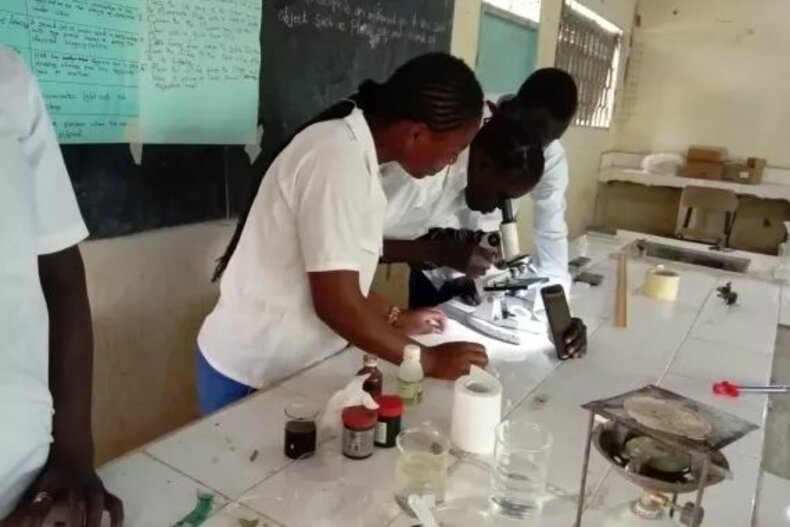
Initiatives like well-designed apprenticeships, internships, and volunteer programs can provide valuable entry points into the labor market for young graduates and first-time job seekers.
However, a more comprehensive approach is needed to address the skills gap and ensure youth are prepared for the demands of the 21st-century workplace.
Technical and Vocational Education and Training (TVET) plays a crucial role in this endeavor. TVET programs can be designed to provide essential job-specific skills, training for self-employment, and the entrepreneurial spirit needed to create new businesses and contribute to economic development.
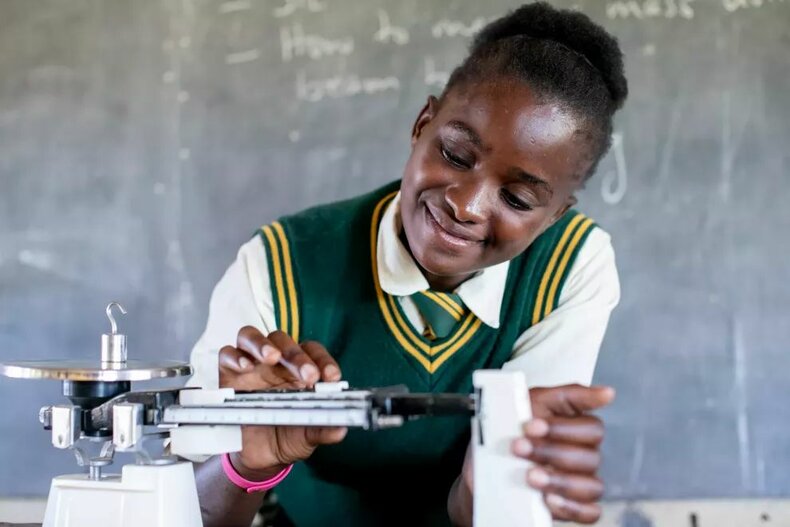
Furthermore, TVET programs can be tailored to address the ever-evolving skill demands of businesses and communities.
This adaptability is crucial for ensuring young people remain competitive and have the necessary skill sets to thrive in a rapidly changing global economy.
Beyond employability, TVET can also contribute to a more inclusive and equitable world.
By offering skills development opportunities for low-skilled individuals, out-of-school youth, and those not currently in education, employment, or training (NEETs), TVET programs can empower marginalized populations and provide pathways to a brighter future.
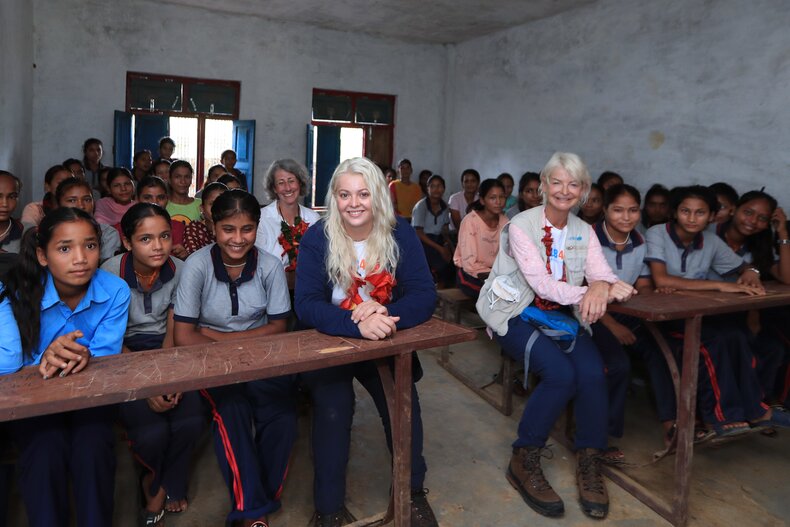
By investing in the skills development of young people, we are not just preparing them for individual success but also cultivating a generation of responsible global citizens who can foster a culture of peace, promote sustainable development, and contribute to a more just and equitable world.
Investing in youth development is not just the right thing to do, it's an essential investment in building a brighter and more sustainable future for all.
Yours
sincerely

